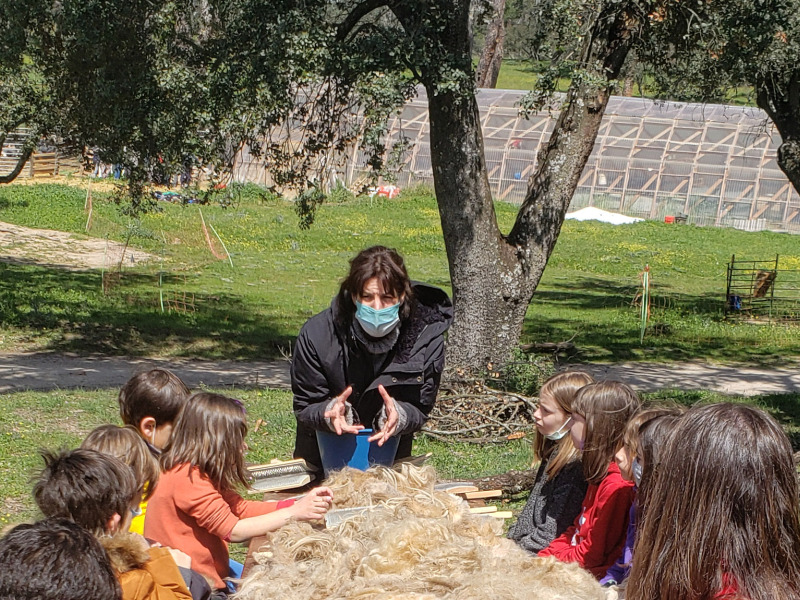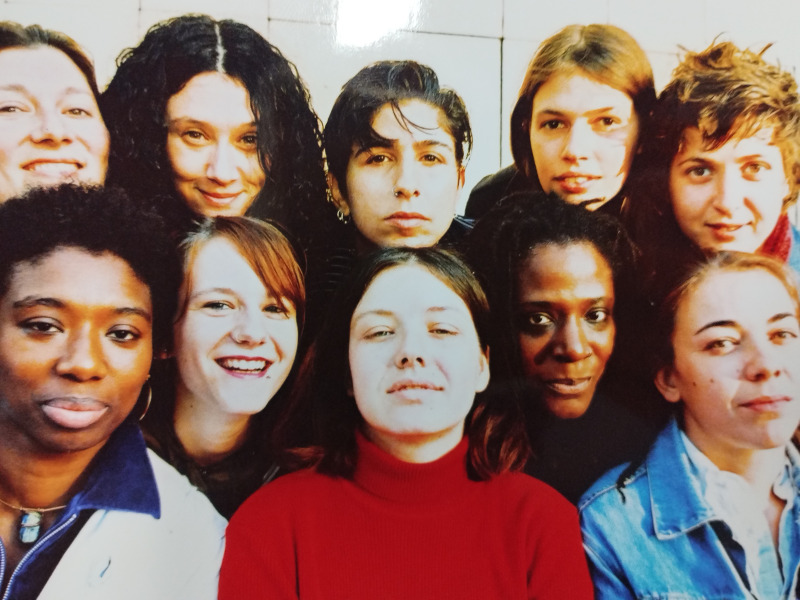
Announcing: Sex Education II
The New Post Office opens the 2022/2023 season with the process exploring sexual pleasure as the basic sexual right in the framework of human rights. The creators research topics such as painful intercourse and vaginismus,* consent, sexual pleasure of women with disability, alternative sexual practices, and the history of sex education in Yugoslavia. The series of lectures-performances will be connected and developed in a full-day event in October 2023.
“Sexual pleasure is the physical and/or psychological satisfaction and enjoyment derived from shared or solitary erotic experiences, including thoughts, fantasies, dreams, emotions, and feelings. […] Sexual pleasure is a fundamental part of sexual rights as a matter of human rights.” (From the Declaration on Sexual Pleasure)
Our interpersonal relationships and also our sexuality are (still) marked by patriarchal relationships. Numerous testimonies about sexual violence indicate how deeply rooted misogyny still is in our society. At the same time, there is a lack of structures that would recognise sexual pleasure as an important source of comfort, satisfaction and empowerment, while prioritising persons, repressed in the society, in the process. Through collecting personal stories and collaboration with experts, the project will give space to sexual pleasure of women* and shed light on it from different points of view. A series of lecture-performances will inform the audience, and at the same time tackle the topics of sexual pleasure with different performing practices and strategies.
*Vaginismus is considered the most difficult sexual dysfunction in women. Vaginismus causes the pelvic floor muscles to spasm, which completely disables vaginal penetration even when a woman desires it.
With the lecture-performance Games, the artists venture into the field of sexual practices in urban slang also known as kink. Games is based on interviews with women who practice BDSM (bondage, discipline, domination, submission, sadism and masochism) and other unconventional practices, and whose sexual behaviour is either monogamous or non-monogamous. Such practices are still stigmatised in society as something perverse. While they are increasingly depicted in pop culture, their representation is almost always sloppy. Moreover, the very liminality of these practices actually increases the risk of abuse. It might therefore surprise many people to learn that practitioners actually emphasise self-care and care of others and focus on longer and deeper relationships, awareness of social roles, distance, ethical reflection, solidarity and creativity.



